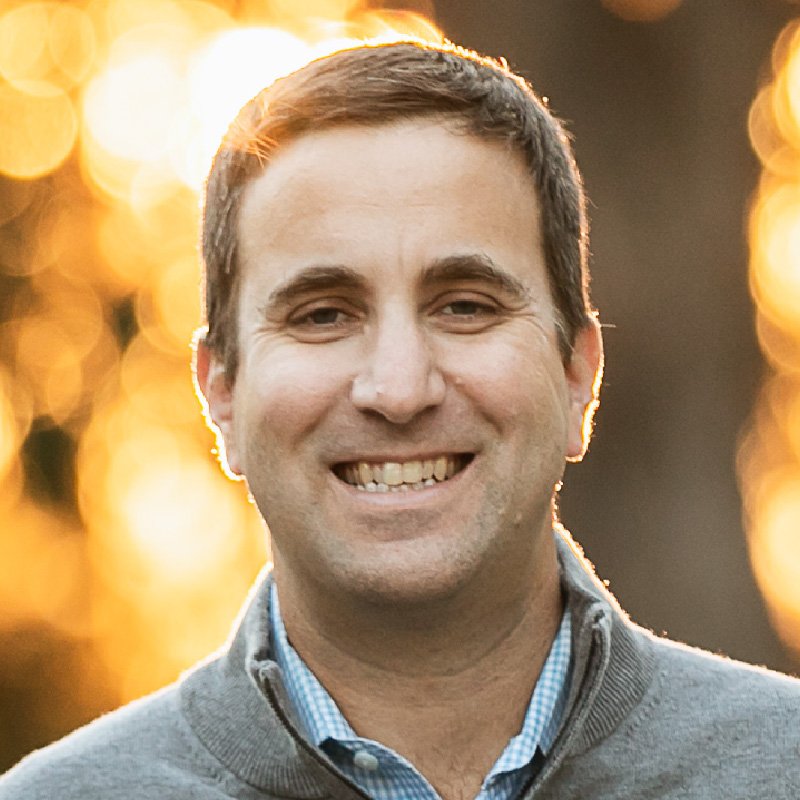Strong Transitions On and Off the Court
By Josh Cohen
The NBA Finals just ended with our hometown Warriors capturing yet another title to the thrill of many reading this now. Basketball fans know part of the Warriors’ success is their ability to “score in transition.” In basketball, transition means the change from defense to offense or vice versa. In life, we’re constantly faced with periods of transition. While this can feel scary or stressful, it also brings incredible opportunity. A prepared team, or student, can use change to play great defense or charge ahead and score a basket.
A year ago my eldest son started middle school and this fall my other one will join him. For children, middle school is an exciting but anxiety provoking time as they see new faces and get adjusted to new schedules and classes. Often parents will worry if their student is ready for middle, and then high school, academics. In math, moving from straightforward arithmetic to the challenges of algebra is a big transition. In middle school students aren’t just asked “can you solve this specific problem?” but instead “can you solve not just this problem but any problem like it?” The good news is math isn’t the NBA Finals where championships can be won or lost in an instant. Students have years to make the transition from arithmetic to algebra.
So what can your child do to make sure it’s as smooth as possible?
First, start with a strong foundation. Often kids are shy about their shortcomings and try to cover them up but it’s never too late to review some basics. Don’t worry about shooting a three pointer until you’ve really mastered your layup.
It’s also essential to get comfortable with variables. Many kids refer to them as “mystery numbers” and I love this definition. Math is about solving problems and what could be more fun than unlocking the identity of the mystery number?
Also, don’t be afraid to try problems multiple ways. As kids learn more math they’ll learn there are many ways to solve the same problem. Just like some players shoot three pointers while others post up for rebounds, there are many different ways to solve the same problem.
I like to remind students to think small and my favorite topic to teach is prime factorization. Factoring a number allows us to zoom in and see its building blocks. Then we can look for patterns and how to manipulate a number to make a problem simpler.
Finally, take your time. The best math students take their time on questions, read problems carefully, try to think of different ways to solve them and always check their work. Like in basketball, your transition offense can be a slow, walk-it-up-floor transition, an aggressive fast break transition, or something in between.
These skills don’t just apply to middle school math students but really any kid (or adult!) for any subject. We’re constantly facing change in life and like the Warriors, we want to do our best to be prepared for it. What I love about Grupology is we get kids ready for these challenges and how to handle any stress or confusion. And unlike the Warriors, we have time to get it right and learn from our mistakes. School years don’t end with a trophy being presented, they are a constant process of growing and learning.
Josh is a passionate coach, father and head of our math program. He loves watching the great teamwork of the Golden State Warriors, but his heart will always be with the Milwaukee Bucks and Green Bay Packers.



